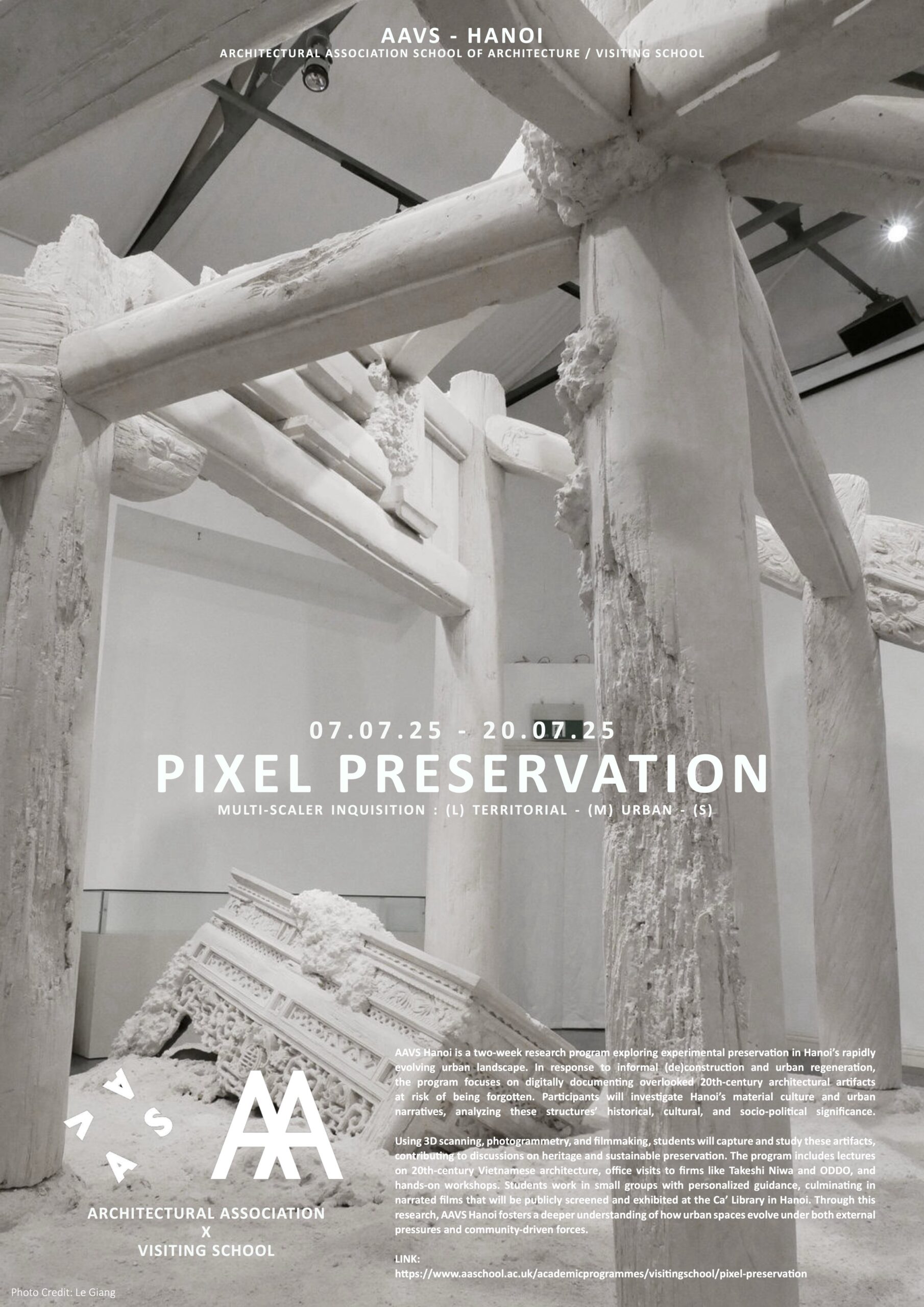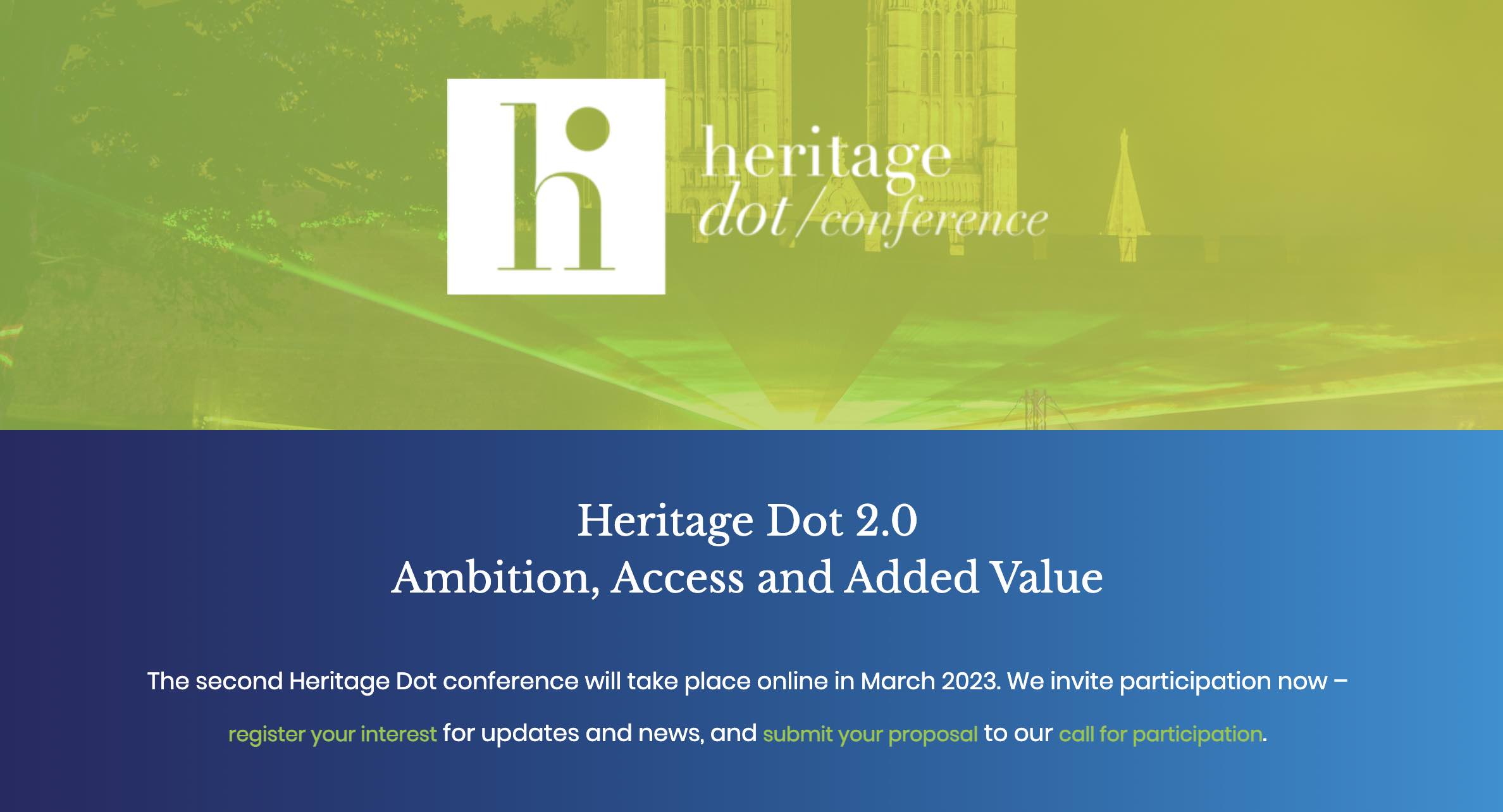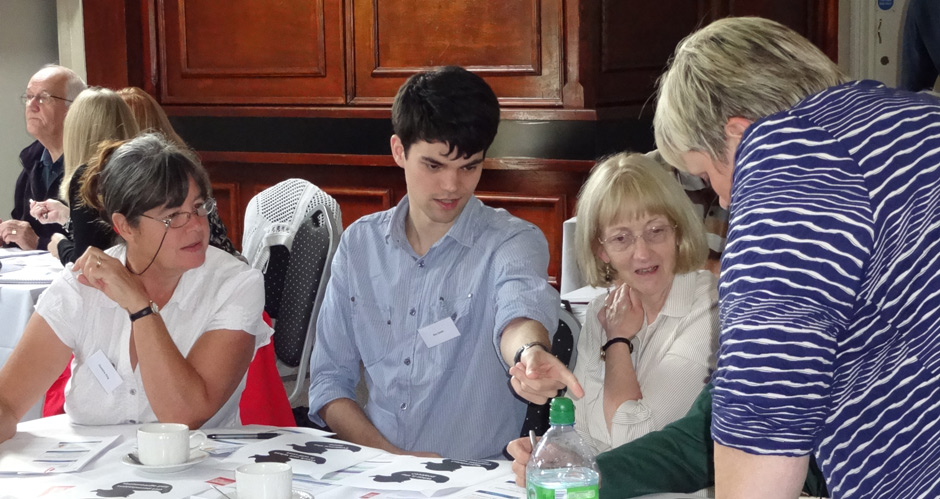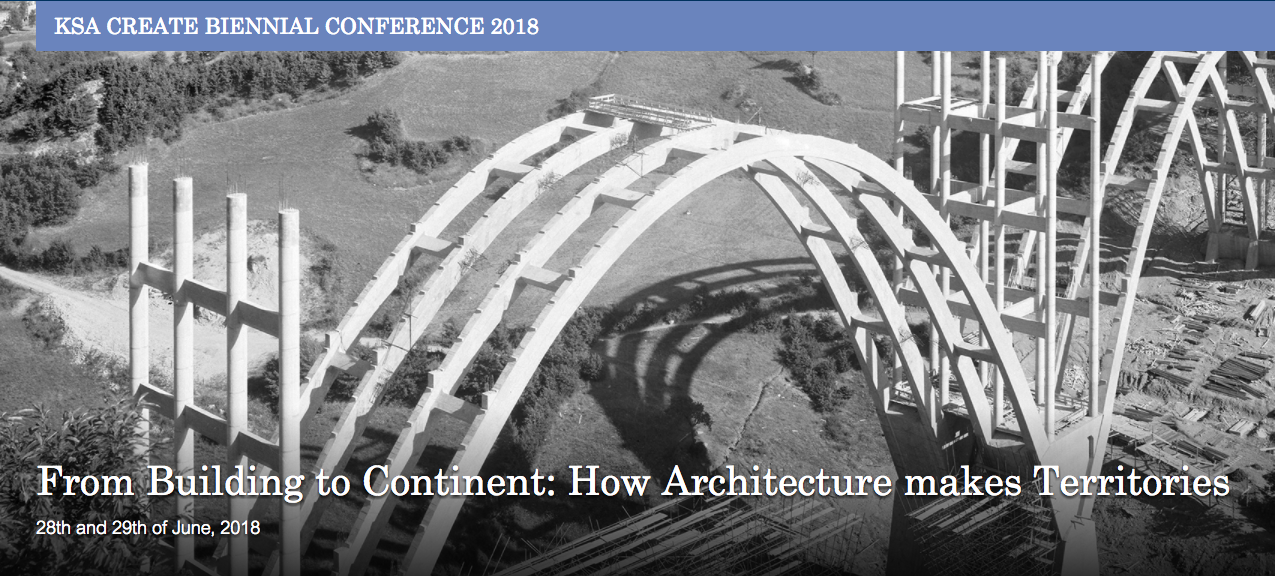When: From 7th of July to 20th of July 2025
Where: Hanoi, Vietnam
Pixel Preservation
AAVS Hanoi is a two-week research programme that explores the concept of experimental preservation within the unique and rapidly evolving built environment of Hanoi, Vietnam. In response to the relentless pace of urban regeneration and localised informal (de)construction practices that continually reshape the city’s fabric, the programme seeks to address these dynamic changes by focusing on the digital documentation of overlooked 20th-century architectural artifacts, particularly those at risk of being forgotten or erased. By tapping into Hanoi’s distinctive context, the programme also delves into the material culture and urban narratives surrounding these architectural relics.
Using digital tools and advanced research methods, participants will capture, analyse and preserve these architectural elements, highlighting their historical, cultural and sociopolitical significance. The programme critically examines how these artifacts have contributed to Hanoi’s organic development, revealing the underlying forces shaping the city’s informal forms of living, working and playing. By connecting the past and present through experimental preservation, the programme aims to foster a deeper understanding of how urban spaces evolve in response to both external pressures and community-driven forces. From these findings, we aim to establish a discourse on what constitutes Hanoi’s heritage and how it can be sustainably preserved for the future.
The research will be conducted in collaboration with several universities, institutions, curators and practicing architectural offices, providing a robust academic framework that includes lectures on the history and design of 20th-century Vietnamese architecture. This theoretical foundation will be complemented by office visits and hands-on workshops focused on 3D scanning, photogrammetry, filmmaking, and in-depth discussions on topics such as multiple modernities and experimental preservation. Students will work collaboratively, supported by personalised tutorials and review sessions. The project will culminate in the production of short narrated films, which will be publicly screened and exhibited.
For more information, please visit here.














